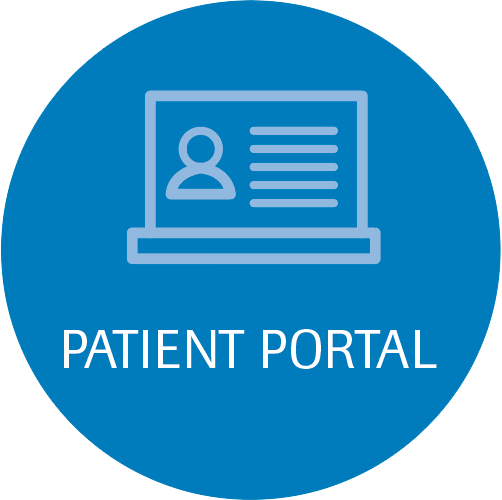What is a Therapeutic Joint Injection and what does it do?
Therapeutic joint injections are a minimally invasive treatment option used to relieve pain caused by inflammatory joint conditions such as rheumatoid arthritis, tendonitis, bursitis and gout.
Corticosteroids, used to reduce inflammation and minimize pain as a result, are injected into the affected joint. This medication only affects the targeted area and does not usually side effects in most patients. Joint injections are administered under local anesthesia and only cause mild, brief discomfort for patients.
Who performs the test?
The examination is performed by a doctor specially trained in Radiology (Radiologist) and a licensed Radiologic Technologist RT (R).
Where does it take place?
At Jackson Hospital in the Radiology Department.
How long does it take?
The average person takes about 15–30 minutes.
What can I do to make it a success?
- Wear comfortable, easy to remove clothing.
- Follow all preparation instructions given to you by your physician’s office. If you have any questions, please call us for clarification. We want your exam to be as successful as possible.
- We highly recommend that you have a relative or friend accompany you to drive you home after your procedure.
What should I do before the exam?
- We need a recent Creatinine (within 30 days) if you are 50 years of age or older. This is a lab draw and can be done prior to your study.
- Our x-ray I.V. contrast contains iodine. If you are allergic to iodine, contact your physician. Your exam may need to be changed.
- If you are a woman of childbearing age and there is a chance you may be pregnant, please consult your physician before scheduling this exam.
What happens during the exam?
- First, the technologist will explain the exam and may ask you historical questions that aid in obtaining a more diagnostic exam. You will be asked to sign consent for prior to your procedure.
- You may be asked to change into a hospital gown.
- You will be asked to lie on a padded exam table (usually on your back). The doctor will speak to you prior to your study and answer any questions you might have.
- The site where your doctor will put the needle is cleaned with a special soap and draped with sterile towels. After local anesthesia(numbing medicine) is injected, a needle is maneuvered into the area of interest under fluoroscopic guidance. Correct needle placement is confirmed by using a combination of imaging and injection of a small amount of iodinated contrast. A combination of a short-acting anesthetic and an intermediate to long acting corticosteroid are then injected.
- The anesthetic can provide immediate pain relief lasting 4-6 hours while the corticosteroid takes effect approximately 1-2 days after the injection, reaching maximum effectiveness within 5-7 days.
- The duration of the pain relief varies depending on the severity and reversibility of the patient’s condition. If therapeutic effect is achieved, future injections may be ordered by your physician.
What should I do after the exam?
We highly recommend that you have a relative or friend accompany you to drive you home after your procedure.
You will be given detailed discharge instructions to take home with you. These will have your after care instructions, what to watch for and contact information.
Contact Information:
Hospital (main operator): (850) 526-2200
Radiology Department: (850) 718-2580





